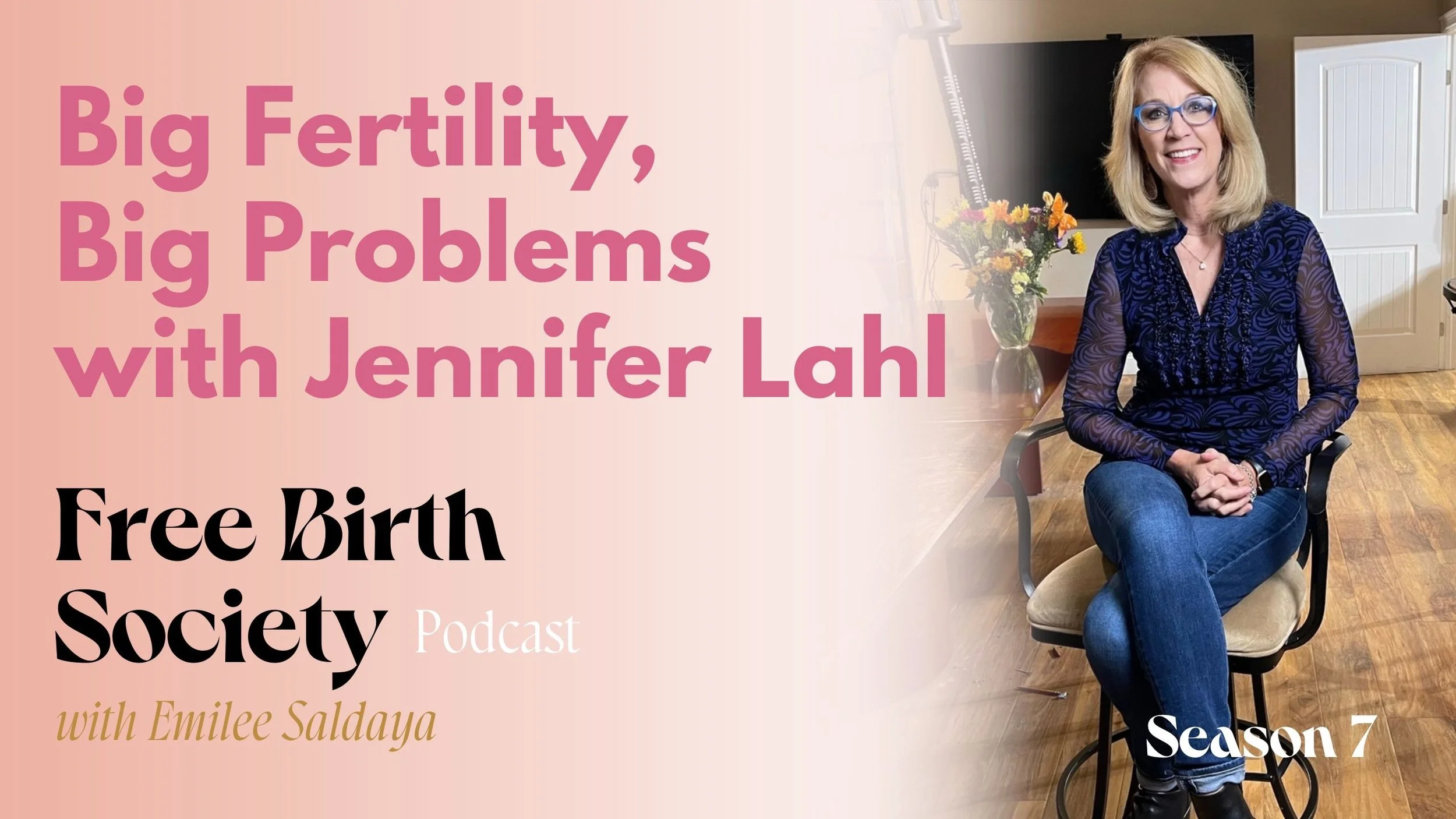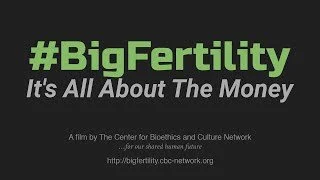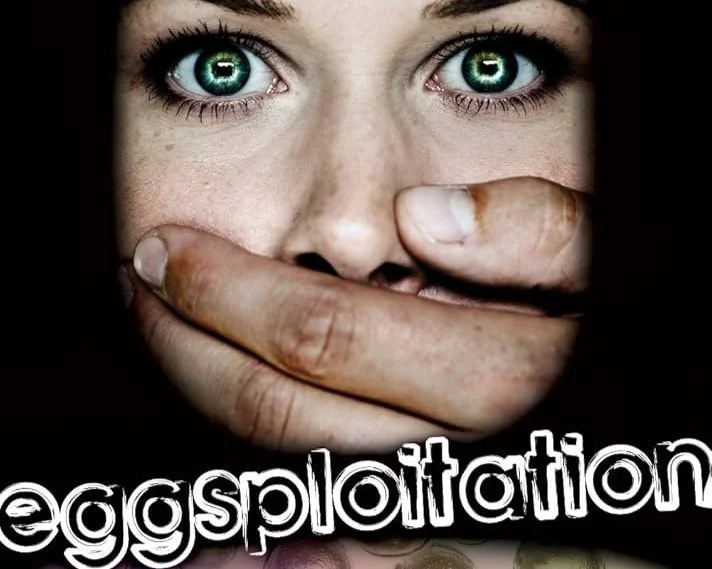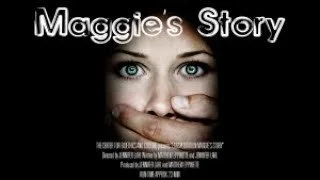Ethics of Egg Donation & Surrogacy
This is a controversial topic but a critical conversation about ethics and human rights. Egg donation, IVF, and surrogacy are touted as advancements in medical science but these practices are extremely problematic and pose a serious ethical dilemma. I feel it is my duty as a birthworker to speak out against this billion-dollar industry that was built by exploiting women and children.
“We are at risk of creating a subclass of women to gestate babies. Women aren’t breeders and we need to consider the children.” - Jennifer Lahl
(Some of) The big picture issues
The surrogacy and egg donation industry disproportionately targets low income women.
Risks are not clearly stated and explained to women. There is no true informed consent.
IVF and surrogacy pregnancies have exponentially greater risks than natural pregnancies.
Increased risks for the babies - premature birth (and associated complications), birth defects, stillbirth, difficulty bonding due to being separated from birth mother.
The contracts are extremely restrictive (sometimes 50-80 pages in length), are written in a way that allows the “intended family” or agency to change the agreement by threatening the women with keeping the children they are carrying or having to pay the money back. These contracts greatly limit a woman’s freedom and autonomy. Yes, women are signing freely but they often do not fully understand what they are agreeing to because of the misleading nature of the contract.
The synthetic hormones and medications the women must take put them at greater risk for negative health outcomes including but not limited to cancer, hormonal imbalances, stroke, infertility, and death.
The ethical issue of renting a woman’s body and buying and selling children (slavery and human trafficking)
We must also look at the effects on children and The Rights of The Child. From adoption research, we know that there are lifelong effects on children who are separated from their birth parents. Of course, adoption is sometimes necessary, but it is best if these instances are limited and responsible ethical measures are taken to keep children connected to their birth family in the way that is best for them. Humans have a natural drive to know about their genetic line and where(and who) they come from.
We also know from research on infant bonding that a connection is formed with the birth mother in utero. Babies know who their mothers are and the postpartum bonding of the mother-baby dyad cannot be replaced. It is widely accepted that it is inhumane to separate a puppy from its birth mother immediately after birth. Yet surrogacy is an industry with the intended purpose of separating children from their birth mothers. This has serious psychological effects on children (and surrogates) that must be considered.
What about couples who cannot have their own children? While that can be very sad, having children is not a right. Yet the fertility industry infringes on many widely accepted human rights for an over 100 billion dollar profit internationally. The cost of these industries is far too great and women and children are the ones paying the price.
At first, I thought this was simply an issue of personal freedom and autonomy. Women should be able to do what they would like with their lives and bodies. I still stand by that sentiment, but after much research, it has become clear that this industry has major ethical issues and human rights violations.
As a voice in the world of pregnancy and birth, I feel it would be unethical for me to keep quiet on this issue. I am publicly taking a stance AGAINST IVF, egg donation, and surrogacy.
Below, are educational resources that discuss the ethical issues in the “Big Fertility” industry. (Click on an image to watch video)
Podcast Episodes
Documentaries
More Videos
Books
Broken Bonds: Surrogate Mothers Speak Out
If you are interested in hearing more stories from real people who have been involved in the fertility industry visit the Center for Bioethics and Culture YouTube channel. They have many interviews with women who have been surrogates, donated eggs, or worked in the industry.









